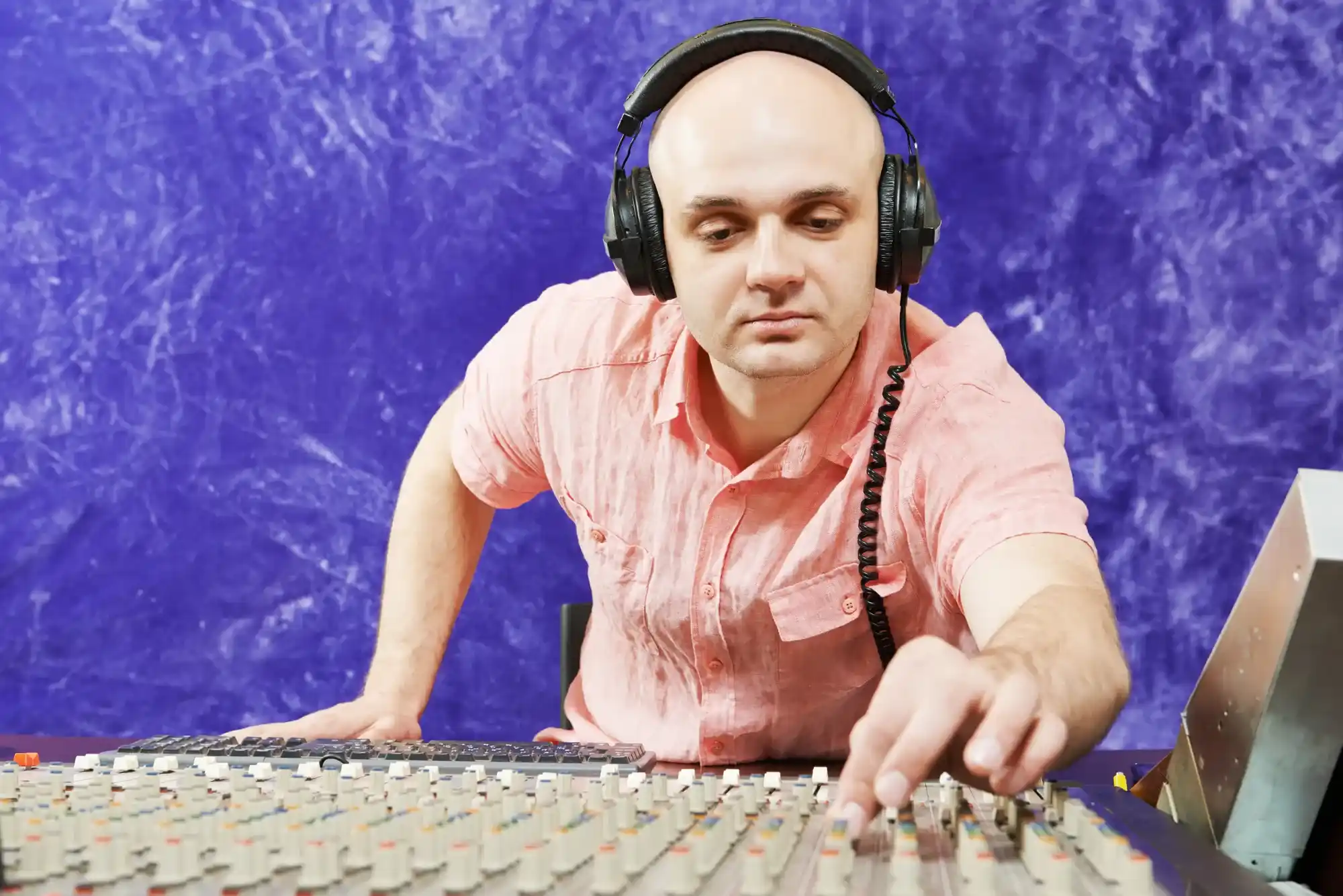Pursuing a career in sound engineering has become one of the most attractive choices for creative individuals passionate about music, audio production, and live performances. Among the various specializations available, Live Sound Engineering stands out because of its high demand in concerts, festivals, studios, theaters, and the entertainment industry at large. Whether you are an aspiring professional or a music enthusiast, understanding the cost of Live Sound Engineering courses in India is crucial before planning your educational journey.
In this article, we’ll dive into the factors influencing course fees, compare diploma and degree programs, discuss career opportunities, and highlight why pursuing Live Sound Engineering in Delhi, India can be one of the most rewarding decisions.
What Is Live Sound Engineering?
Live Sound Engineering is a specialized branch of audio engineering that deals with sound in real time. Unlike studio engineering, where professionals can edit and refine recordings, live sound engineers work behind the scenes during performances, events, or broadcasts. Their role includes:
-
Setting up microphones, speakers, and mixing consoles
-
Balancing sound for both performers and audiences
-
Handling technical challenges during live shows
-
Collaborating with musicians, event managers, and producers
With India’s live music and entertainment industry expanding rapidly, there is a growing demand for skilled live sound engineers.
Why Choose Live Sound Engineering in India?
India has emerged as a hub for concerts, music festivals, theater performances, and corporate events. Cities like Delhi, Mumbai, Bangalore, and Hyderabad frequently host national and international artists. As a result, professionals with expertise in live sound are in demand across the country.
Particularly, Live Sound Engineering in Delhi, India has gained momentum due to:
-
A thriving independent music scene
-
Numerous cultural and corporate events
-
Access to advanced technology and audio equipment
-
Growing opportunities in Bollywood and OTT platforms
Factors That Influence the Cost of Live Sound Engineering Courses
When evaluating the cost of a Live Sound Engineering course in India, several factors come into play:
1. Type of Institution
Government institutions may charge lower fees, while private academies with advanced equipment and international affiliations may cost more.
2. Location of the Academy
Studying in metro cities like Delhi, Mumbai, or Bangalore can be more expensive due to higher living costs. However, these cities also offer better exposure and networking opportunities.
3. Duration of the Program
-
Short-term certificate programs (3–6 months) are relatively affordable.
-
Diploma courses (1 year) may range from mid to high cost.
-
Advanced diplomas or degree programs (2–3 years) usually come with higher tuition fees.
4. Course Curriculum & Facilities
Institutions with modern recording studios, professional equipment, and real-time live performance training may charge more.
5. Additional Expenses
-
Hostel and accommodation fees
-
Study materials and lab charges
-
Event participation and internship costs
Average Cost of Live Sound Engineering Courses in India
Here’s a general breakdown of what students can expect:
-
Short-Term Certificate Courses: ₹50,000 – ₹1,00,000
-
Diploma Courses (1 Year): ₹1,20,000 – ₹2,50,000
-
Advanced Diploma or Degree Programs (2–3 Years): ₹3,00,000 – ₹6,00,000
Keep in mind that these figures are approximate and vary depending on the institution’s reputation, facilities, and location.
Cost of Live Sound Engineering Courses in Delhi, India
Delhi is one of the most popular destinations for aspiring sound engineers. The city not only offers access to advanced training centers but also provides practical opportunities in concerts, corporate events, and cultural festivals.
-
Average cost in Delhi:
-
Certificate Programs: ₹70,000 – ₹1,20,000
-
Diploma Programs: ₹1,50,000 – ₹3,00,000
-
Advanced Programs: ₹3,50,000 – ₹6,50,000
-
The slightly higher fees in Delhi are balanced by real-world exposure and internship opportunities.
Choosing the Right Institution
When selecting a Live Sound Engineering course, cost should not be the only deciding factor. Students should also evaluate:
-
Accreditation and recognition of the institution
-
Quality of faculty and trainers
-
Access to live events and industry internships
-
Placement assistance and alumni success stories
📍 If you are looking for a trusted option, you can also check out this Google Maps location for one of the reputed training centers offering Live Sound Engineering courses in Delhi.
This helps students not only assess the location but also plan their commute and accommodation if they are from outside the city.
Career Opportunities After Completing a Live Sound Engineering Course
Once you complete your training, career options are vast:
-
Live Concert Engineer – handling sound for concerts and music festivals
-
Studio Engineer – working in recording studios for music or podcasts
-
Theater Sound Engineer – managing audio for stage productions
-
Corporate Event Engineer – audio setups for conferences, seminars, and launches
-
Broadcast Engineer – working with TV and radio channels
-
Independent Freelancer – managing sound for independent artists and YouTubers
With India’s entertainment sector booming, salaries for beginners start from ₹3–5 lakhs annually, while experienced professionals can earn ₹10–15 lakhs or more, especially when working with international artists.
Tips to Manage the Cost of Live Sound Engineering Courses
-
Apply for Scholarships: Some institutions offer merit-based or need-based financial aid.
-
Consider EMI Options: Many private academies allow payment in installments.
-
Start with a Short-Term Course: Build a foundation and later invest in advanced diplomas.
-
Freelance While Studying: Many students support their fees by assisting in small events or music projects.
Final Thoughts
The cost of Live Sound Engineering courses in India depends on multiple factors, but investing in quality education is worth it for aspiring professionals. With India’s growing live entertainment sector, trained engineers have a wide range of opportunities.
For those specifically interested in Live Sound Engineering in Delhi, India, the slightly higher cost is justified by better exposure, advanced facilities, and career growth potential. Choosing the right academy, backed by strong industry connections, can be the key to launching a successful career in sound engineering.
If you’re passionate about music, technology, and live performances, then pursuing this course is not just an expense but a long-term investment in your future.








